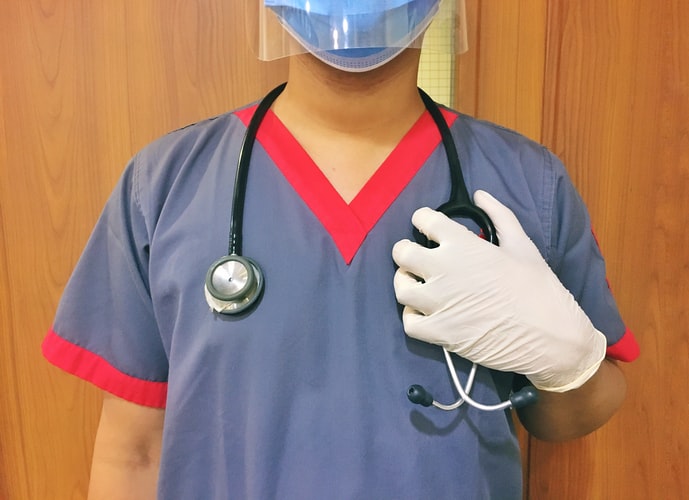Kolkata: World Thalassemia Day is observed as the day to raise awareness about the disease, struggles of the patients suffering from this genetic disorder. In the year 1994, the Thalassemia International Federation established 8th May as International Thalassemia Day. The day was declared as an International observance in the loving memory of George Englezos. George was the son of Thalassemia International Federation’s President and founder, Panos Englezos and had worked as a scientist. Thalassemia is a genetic blood disorder that passes down the generations from parents to children. The disease significantly reduces the haemoglobin count in the body and affects the production of red blood cells. However, when two people with the disease have a child, the chances of the kid developing a higher severity disorder increases. This year’s campaign aims at spreading awareness among the youth to consult a doctor before planning a child so that the spread can be curbed including accelerating discussions and execute plans related to its prevention, management, and treatment. Ever since 1994, Thalassemia International Federation sets a theme for International Thalassemia Day and organises numerous activities based on that particular theme. This year’s theme was “Addressing Health Inequalities across the Global Thalassemia Community”.
In current times the situation is pathetic for the Thalassemia patients. Surgeons across city hospitals are postponing some planned surgeries as blood banks are running dry because of low supply of blood. People’s Blood bank would earlier supply 250-270 units of blood products daily to hospitals across the city. The stock with the bank is running out. Blood donation camps organised by political parties and local clubs are the main source for blood banks. Due to the elections there have been no such camps for over a month. It is thus inevitable that the number of eligible donors in the course of a pandemic will inevitably decrease due to a growing number of individuals being infected or in self-quarantine after exposure to infected persons or persons under investigation. Owing to ineffective medical care and inadequate chelation therapy thalassemia patients often present with multiple co-morbidities such as hepatic, and endocrine complications secondary to iron overload. Chelation therapy, which is a medical procedure that involves the administration to chelating agents, a type of bonding of ions and molecules to metal ions, to remove heavy metals from the body.
The solutions to these problems are, at present there is no evidence that the SARS-CoV-2 Virus may be transmitted through donated blood. Clinics and infusion centres should offer patients the safest possible environment for receiving transfusions. Haematologists and other thalassemia care providers should continue to follow local and National developments related to possible blood shortages related to COVID-19. Clinical sites and blood banks should develop contingency plans for adjusting transfusion regimens and appropriate donor units must be obtained. Due to high risk of infection in hospital settings and the risk of myeloablation, which is a condition where bone marrow activity is decreased resulting in fewer red blood cells, white blood cells, and platelets, most allogeneic stem cell transplantation and gene therapies were postponed during the initial phases of the pandemic. In localities with a fall in COVID-19 hospitalizations, patients and their physicians can begin to discuss moving forward with planned procedures, particularly in patients with gene therapy cell products already prepared or with limited allogeneic donor availability. There is no evidence that SARA-CoV-2 can be transmitted via hematopoietic stem cell grafts. Patients suffering from severe diseases like blood cancer, thalassemia can’t be avoidable during this pandemic. Lack of blood supply and oxygen shouldn’t be a reason behind any death.


